Description
Indications and Usage
Cytomel is indicated for:
-
Primary or secondary hypothyroidism
-
Congenital hypothyroidism
-
Myxedema
-
Goiter
-
Thyroid suppression testing
-
Adjunct therapy in certain types of thyroid cancer
Off-label uses include:
-
Depression (as augmentation)
-
Weight loss and fat burning (bodybuilding; not medically approved)
Dosage and Administration
Important: Dosage should always be individualized and prescribed by a healthcare provider.
General guidelines:
-
Hypothyroidism:
-
Initial: 5 mcg/day
-
Maintenance: 25–75 mcg/day
-
Dose adjustments every 1–2 weeks by 5–10 mcg increments
-
-
Myxedema:
-
Start low (e.g., 5 mcg/day), especially in elderly or cardiac patients
-
-
Thyroid suppression testing:
-
75–100 mcg/day for 7 days
-
-
For bodybuilders (off-label/unapproved):
-
Doses often range from 25–75 mcg/day, sometimes increasing to 100 mcg/day—but this carries significant risks (see side effects).
-
Administration:
-
Best taken once daily in the morning, on an empty stomach, 30 minutes to 1 hour before food.
Side Effects
Common side effects (usually from overdosage):
-
Palpitations
-
Nervousness
-
Tremor
-
Headache
-
Insomnia
-
Increased appetite
-
Weight loss
-
Sweating
-
Heat intolerance
-
Diarrhea
-
Menstrual irregularities
Serious side effects:
-
Cardiovascular: Arrhythmias, tachycardia, angina, heart failure (especially in elderly or heart disease patients)
-
Endocrine: Suppression of TSH, adrenal insufficiency
-
Psychiatric: Anxiety, irritability, mania (in predisposed individuals)
-
Skeletal: Long-term use may cause bone loss (osteoporosis)
Note: T3 has a more rapid onset and shorter half-life than T4, so side effects may appear quickly and fluctuate with dose timing.
Pharmacokinetics
-
Absorption: Nearly 95% orally bioavailable; rapid absorption in the small intestine
-
Peak plasma levels: 2–4 hours after oral dose
-
Onset of action: Within a few hours
-
Half-life: ~1–2 days (shorter than T4, which is ~7 days)
-
Protein binding: ~99% bound to serum proteins
-
Metabolism: Mainly in the liver and kidneys by deiodination, conjugation
-
Excretion: Via urine (mostly as inactive metabolites)
Contraindications
-
Untreated thyrotoxicosis
-
Acute myocardial infarction
-
Uncorrected adrenal insufficiency
-
Hypersensitivity to liothyronine
Drug Interactions
-
Increased effect of: Anticoagulants, sympathomimetics
-
Decreased effectiveness of T3: Iron, calcium, antacids, sucralfate, cholestyramine (take 4 hours apart)
-
May affect levels of: Insulin, oral hypoglycemics, digitalis glycosides
Monitoring Parameters
-
Serum TSH, free T3, free T4
-
Heart rate, ECG (especially in elderly or cardiac patients)
-
Weight and bone density with long-term use
-
Signs of hyperthyroidism or hypothyroidism

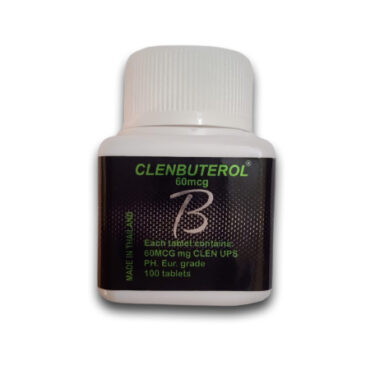
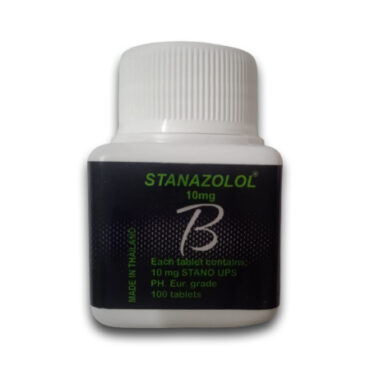
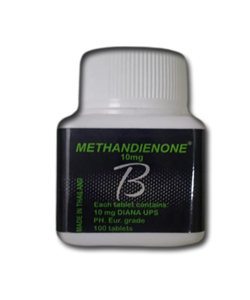
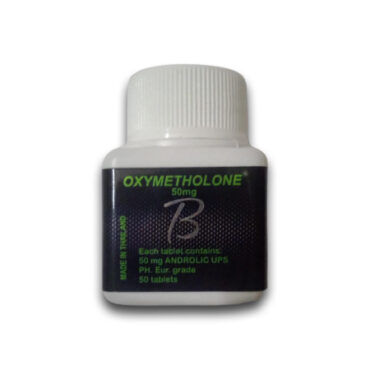
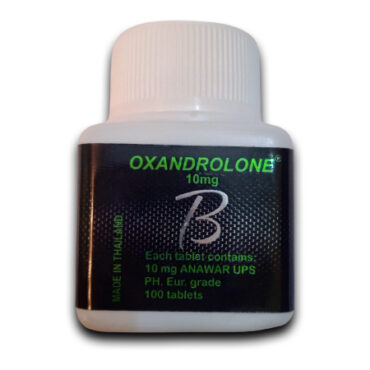
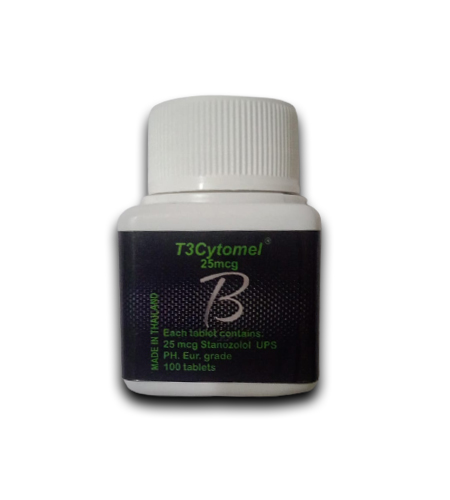
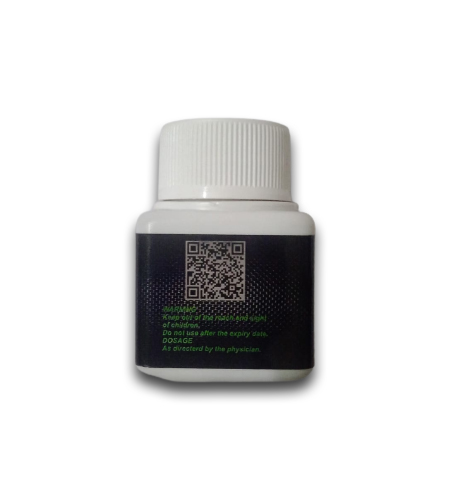
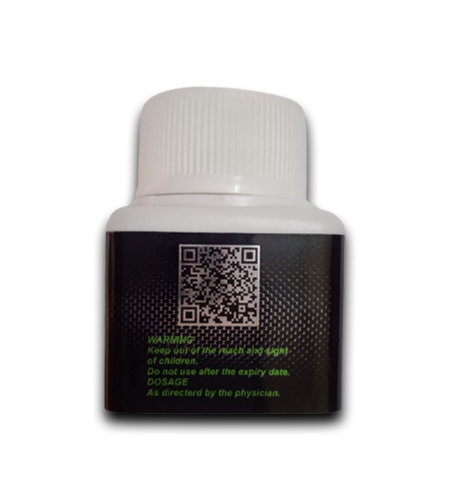
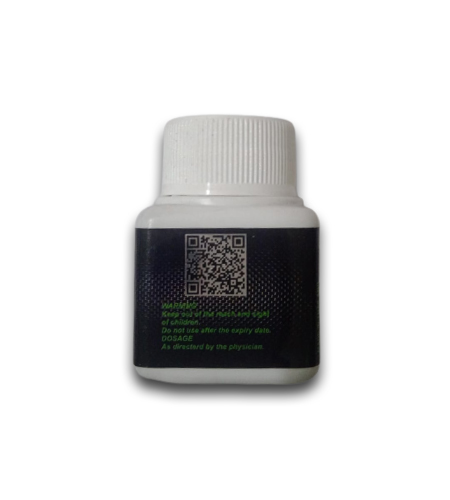
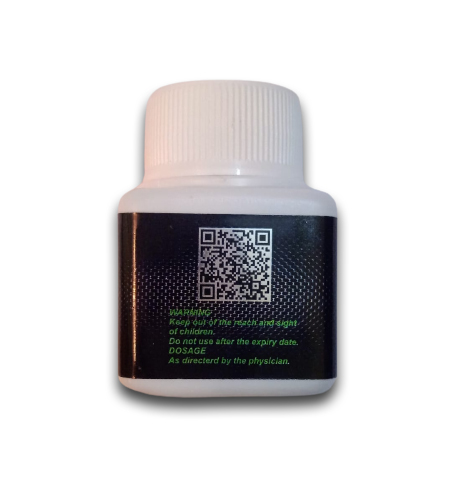
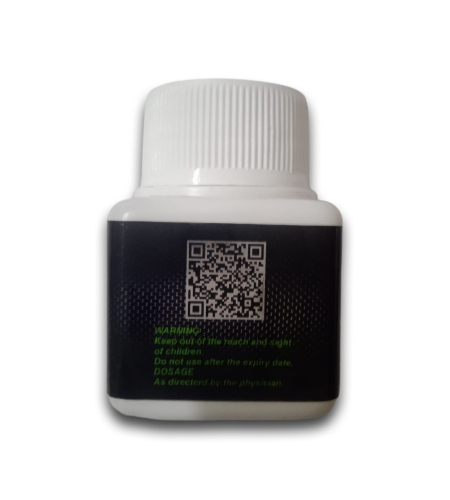
Reviews
There are no reviews yet.